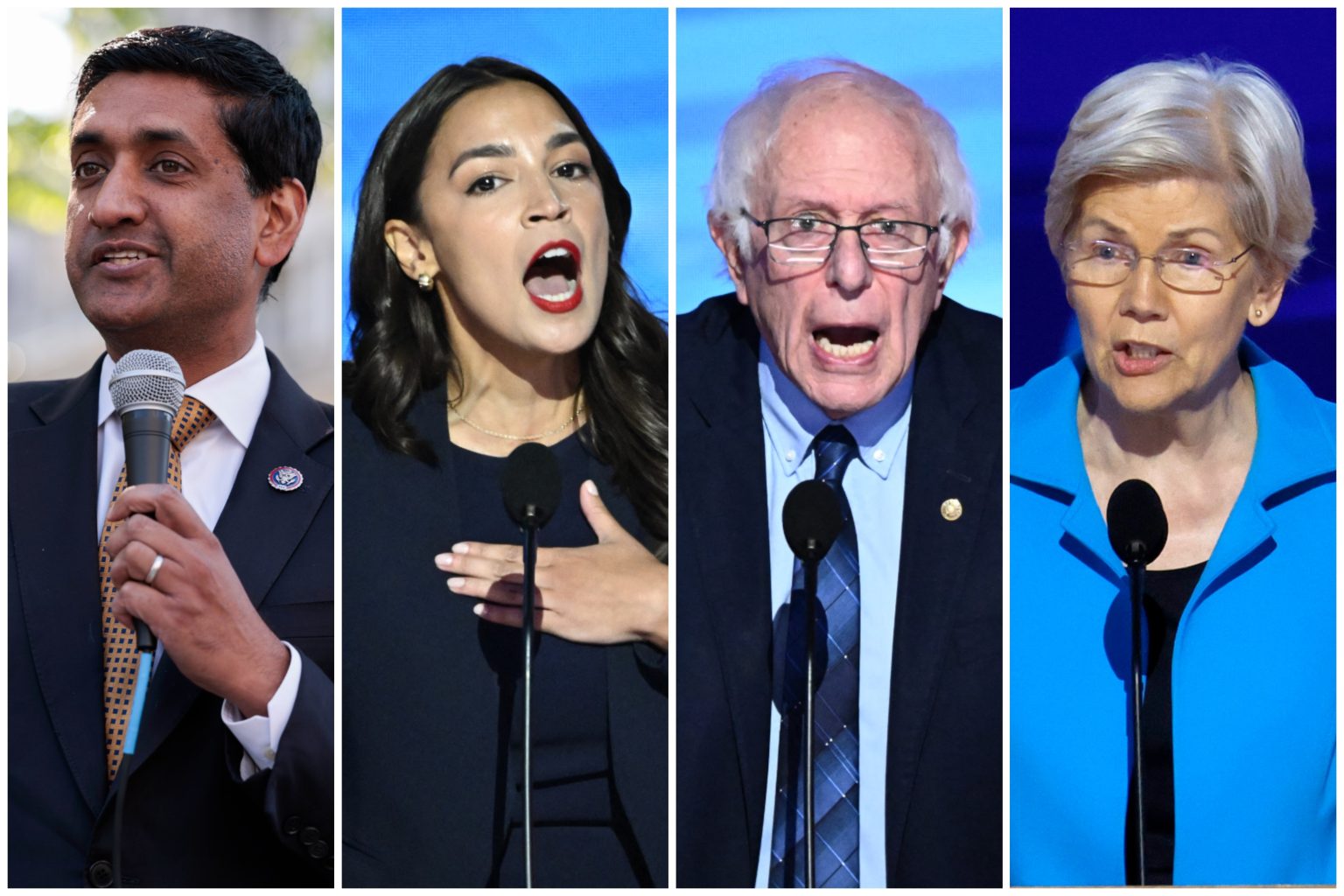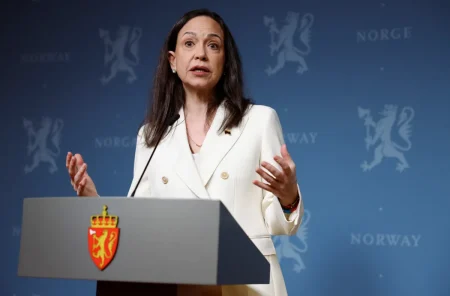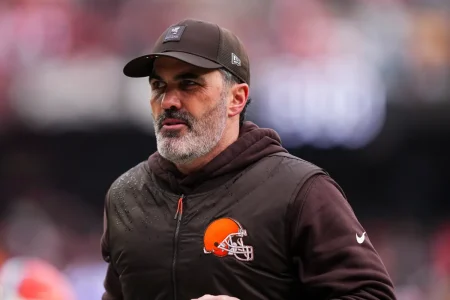The tragic killing of UnitedHealthcare CEO Brian Thompson outside a Manhattan hotel in December 2024 has ignited a fiery debate about the state of the American healthcare system. While universally condemning the act of violence itself, prominent Democratic lawmakers have seized upon the incident to highlight what they perceive as deep-seated flaws within the system, arguing that the public’s reaction reflects widespread frustration and desperation stemming from denied claims, exorbitant costs, and the perceived power of insurance companies. The alleged perpetrator, Luigi Mangione, was apprehended with a “ghost gun,” a silencer, and writings critical of corporate America, adding another layer of complexity to the already charged atmosphere.
Central to the Democrats’ argument is the assertion that the current healthcare system is fundamentally broken and contributes to immense suffering. They point to stories of individuals facing financial ruin due to medical expenses, and the anxieties surrounding access to care and the fear of denied claims. These anxieties, they argue, are exacerbated by the perceived indifference of large insurance corporations, often seen as prioritizing profits over patient well-being. The killing of Thompson, while a horrific act, has become a symbol of this simmering resentment, prompting calls for systemic reform and renewed discussions about the role of insurance companies in American healthcare.
Key figures within the Democratic party, including Senator Elizabeth Warren, Representative Alexandria Ocasio-Cortez, and Senator Bernie Sanders, have all voiced their concerns in the wake of the tragedy. Warren’s initial comments, describing the public reaction as “visceral” and a “warning,” drew criticism for appearing to link the killing to the healthcare debate, though she later clarified her stance, unequivocally condemning violence. Ocasio-Cortez highlighted the “mass bubbling of resentment” among Americans struggling with the healthcare system, while Sanders connected the public anger to his longstanding advocacy for Medicare for All, arguing that the incident underscores the urgent need for fundamental reform.
The debate has quickly broadened beyond the specifics of Thompson’s death to encompass wider issues of healthcare access, affordability, and the influence of the pharmaceutical and insurance industries. Representative Ro Khanna emphasized the need to address the underlying systemic issues contributing to public frustration, arguing that the current system is failing too many Americans. He, along with Sanders, advocates for a more comprehensive approach to healthcare reform, one that challenges the existing power dynamics within the industry and prioritizes patient needs over corporate profits. This has reignited the conversation around Medicare for All, a single-payer system seen by proponents as a solution to the current fragmented and often inequitable system.
The presence of a “ghost gun” in the killing has also introduced another contentious element to the discussion, providing further impetus for stricter gun control measures. Representative Ted Lieu, for example, called for a ban on ghost guns, highlighting the dangers posed by these untraceable firearms. This adds another dimension to the already complex narrative surrounding Thompson’s death, intertwining healthcare reform with the ongoing debate around gun violence and regulation. The incident underscores the multifaceted nature of the tragedy and its potential to influence policy discussions on multiple fronts.
The death of Brian Thompson, while a singular event, has become a tragic focal point for a larger national conversation. It has brought into sharp relief the deep divisions and anxieties surrounding healthcare in the United States. While the investigation into the killing continues, the incident has undoubtedly served as a catalyst for renewed debate about the future of American healthcare. It remains to be seen whether this tragedy will translate into tangible policy changes, but it has undeniably amplified the voices calling for reform and intensified the scrutiny of the current system. The incident serves as a stark reminder of the human cost of a system struggling to meet the needs of its citizens.













